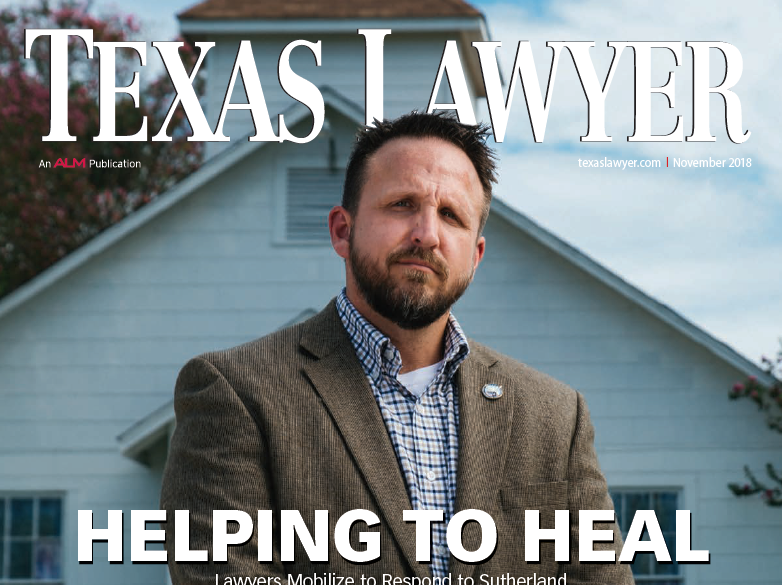By Angela Morris (ABA Journal, December 2018)
Last year, a Houston lawyer went to Las Vegas to attend a country music festival but came home a survivor of a tragic type of mass violence that has become all too common in modern America.
When a gunman opened fire with a semi-automatic rifle at the Route 91 Harvest festival, killing 58 concertgoers and wounding 546, this attorney survived using the survival mindset she had learned when her law firm hosted an active shooter defense course at the office.
“I’ve had four people come forward and tell me the training I’ve provided saved their lives when an active shooter showed up,” says Stephen Daniel, the Houston Police Department instructor and senior community liaison who trained the survivor at her law firm. Daniel says she and her firm wished to remain anonymous because the shooting was so traumatic.
In a country where mass shootings happen with increasing frequency, it’s becoming more common for law firms to bring active shooter defense instructors on-site to teach their lawyers and staff about how to survive a shooting situation. Daniel says he’s taught attorneys at 30 Houston-area law firms about the “run, hide, fight” method of surviving an active shooter. Daniel was one of the active shooter instructors to present sessions at successive annual conferences of the Association of Legal Administrators, where some law firm administrators first got the idea to bring the active shooter training to their firms.









